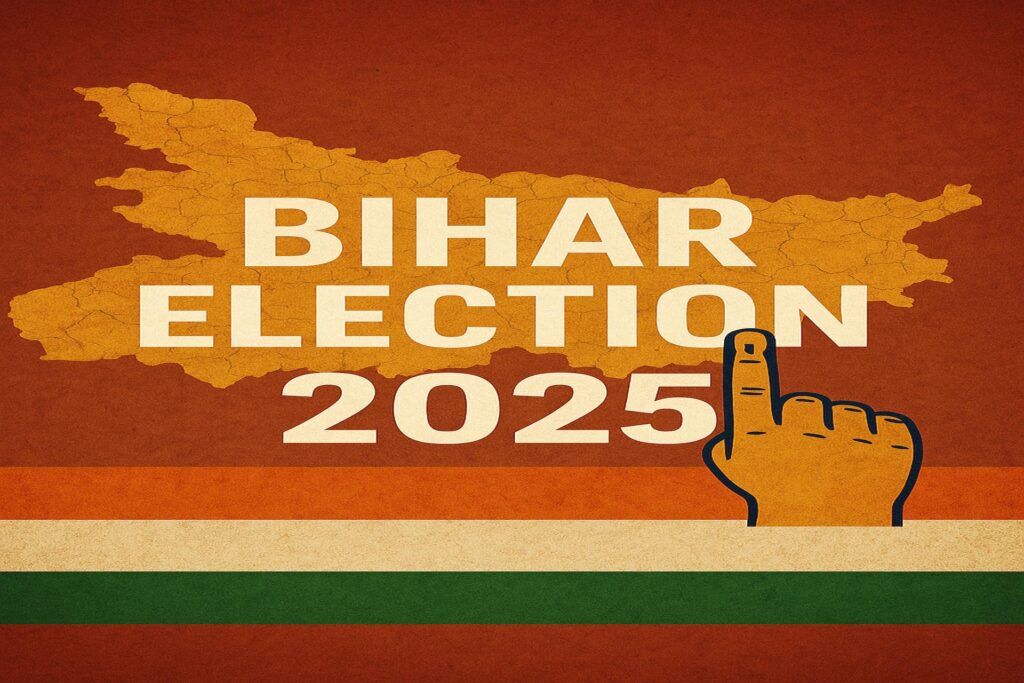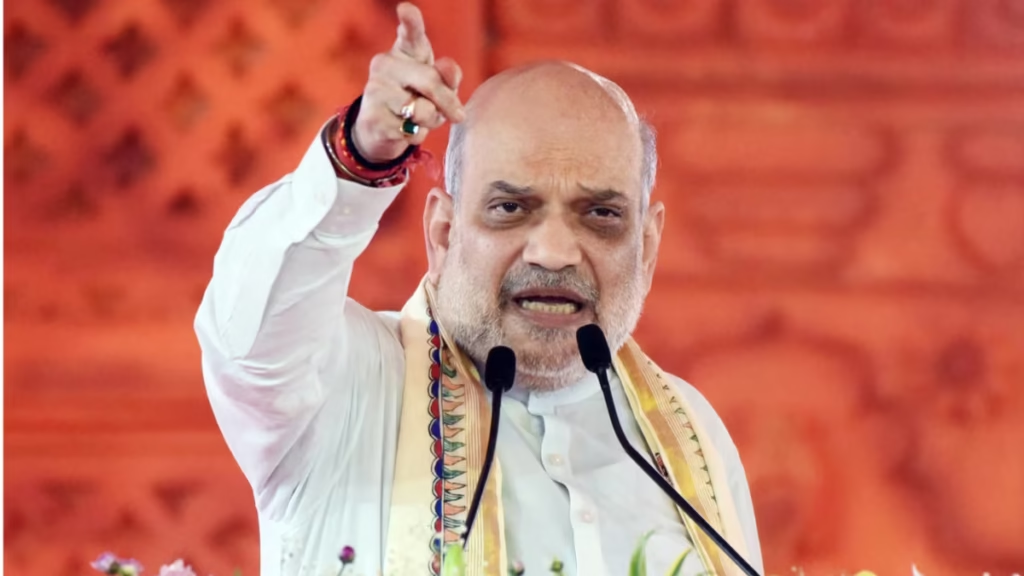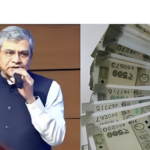Trump Announces U.S. to Impose Reciprocal Tariffs from April 2: Major Impact on Trade
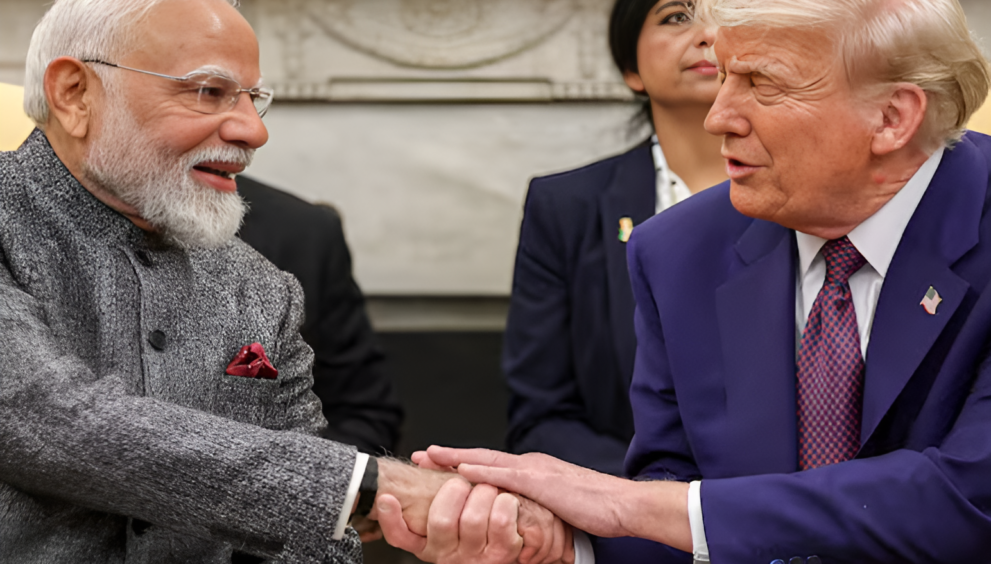
Economic Impact of Tariffs On the global economic stage, trade wars and tariff policies have significant implications for businesses and governments alike. In a recent announcement, former U.S. President Donald Trump declared that the United States will impose reciprocal tariffs on goods from specific nations starting April 2, 2025. This decision is a part of a broader strategy to address imbalances in international trade and combat what Trump perceives as unfair trading practices. The move is expected Economic Impact of Tariffs to create ripples in the global market, impacting both U.S. businesses and international partners. But what exactly does this mean for the world economy, and how will it affect U.S. consumers and businesses?
Economic Impact of Tariffs : What are Reciprocal Tariffs?
Reciprocal tariffs are tariffs or duties imposed by one country in response to tariffs levied by another. Essentially, if one country imposes a tariff on a specific product from another country, the affected country retaliates by imposing its own tariff on goods from the first country. Economic Impact of Tariffs This concept of “tit-for-tat” tariffs aims to level the playing field in international trade. Economic Impact of Tariffs Trump’s announcement refers to the U.S. imposing such tariffs on certain foreign goods if other countries do not comply with U.S. expectations for fair trade.

Key Details of Trump’s Announcement:
- Start Date: Trump emphasized that the tariffs will come into effect on April 2, 2025.
- Target Countries: Although Trump did not specify all the countries that would be subject to these tariffs, the focus appears to be on nations with which the U.S. has ongoing trade disputes, such as China and the European Union.
- Impact on U.S. Trade: The move is expected to lead to price increases for many imported goods, directly affecting U.S. consumers. The U.S. government may also face increased Economic Impact of Tariffs pressure from affected industries and trading partners.
The Economic Impact of Reciprocal Tariffs
The imposition of reciprocal tariffs could have far-reaching effects on both the U.S. economy and global trade relations. Here’s what we can expect:
- Increased Prices for Consumers:
Tariffs often lead to price hikes, as the cost of imported goods rises. The immediate impact of Trump’s decision could be felt by American consumers, who may face higher prices for a range of products, from electronics to automobiles. As companies pass the additional costs onto consumers, inflation could also be a concern. - Supply Chain Disruptions:
Reciprocal tariffs could disrupt global supply chains. U.S. manufacturers who rely on imports for raw materials may see their costs rise, potentially causing delays in production or even pushing Economic Impact of Tariffs companies to move operations overseas. This could create a shift in how U.S. businesses manage their supply chains.
- Strained Trade Relations:
One of the most significant impacts of the reciprocal tariffs will be on the diplomatic front. The U.S. has a long history of trade negotiations, but such unilateral measures could strain relationships with trading partners. Countries that face tariffs from the U.S. may retaliate, leading to a cycle Economic Impact of Tariffs of trade wars. This could affect the global economy, as countries might impose retaliatory tariffs on American goods, disrupting international markets
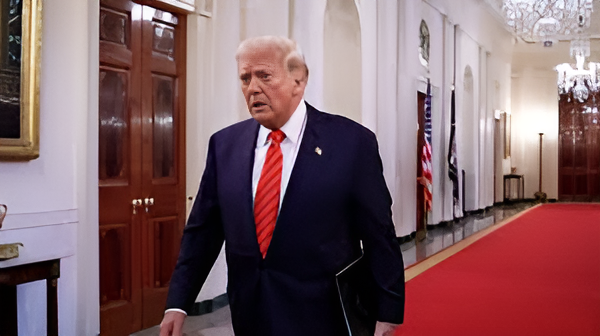
- Impact on U.S. Exporters:
U.S. exporters may also be caught in the crossfire. As foreign countries retaliate, U.S. goods could become more expensive in overseas markets. This could lead to a decline in demand for American-made products,Economic Impact of Tariffs harming U.S. businesses that rely on global trade. - Political Repercussions:
Trump’s tariff announcement comes at a time when U.S. political dynamics are shifting. The policy is likely to be a point of contention in future elections, with some arguing that it could harm the economy and lead to job losses, while others believe it will protect American jobs and industries Economic Impact of Tariffs from unfair competition. The political debate around these tariffs could shape future trade policies.
Conclusion:
The announcement of U.S. reciprocal tariffs is a bold move in the ongoing conversation about international trade and economic policy. While it is designed to protect American industries from unfair trade practices, it also has the potential to create significant disruptions. From higher prices for Economic Impact of Tariffs consumers to political fallout, the consequences of this decision will likely unfold over the coming months.
As businesses, governments, and economists watch the situation closely, the U.S. will need to balance its desire for fair trade with the realities of a highly interconnected global economy. Economic Impact of Tariffs With the tariffs set to go into effect on April 2, 2025, businesses and consumers alike should prepare for potential shifts in the market.













